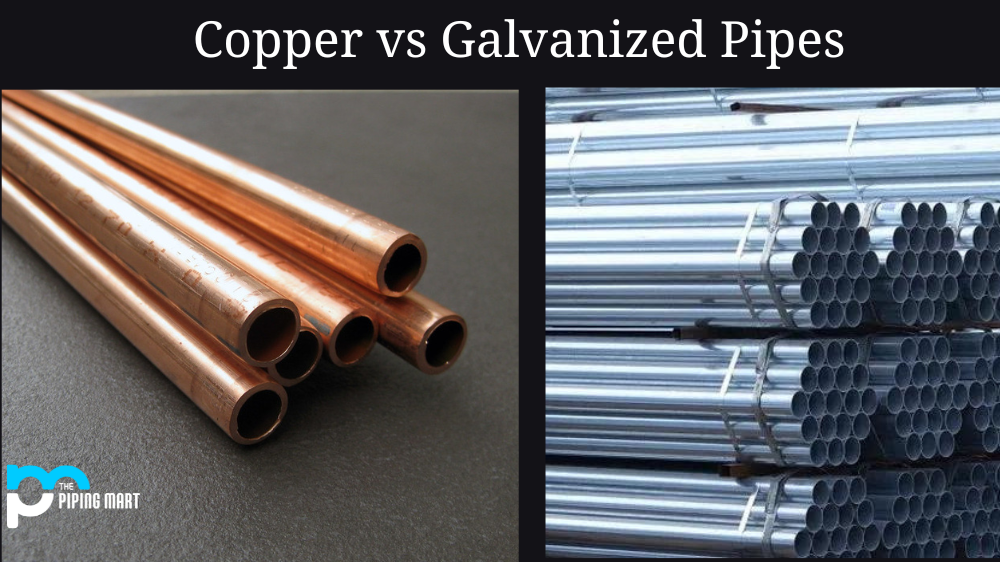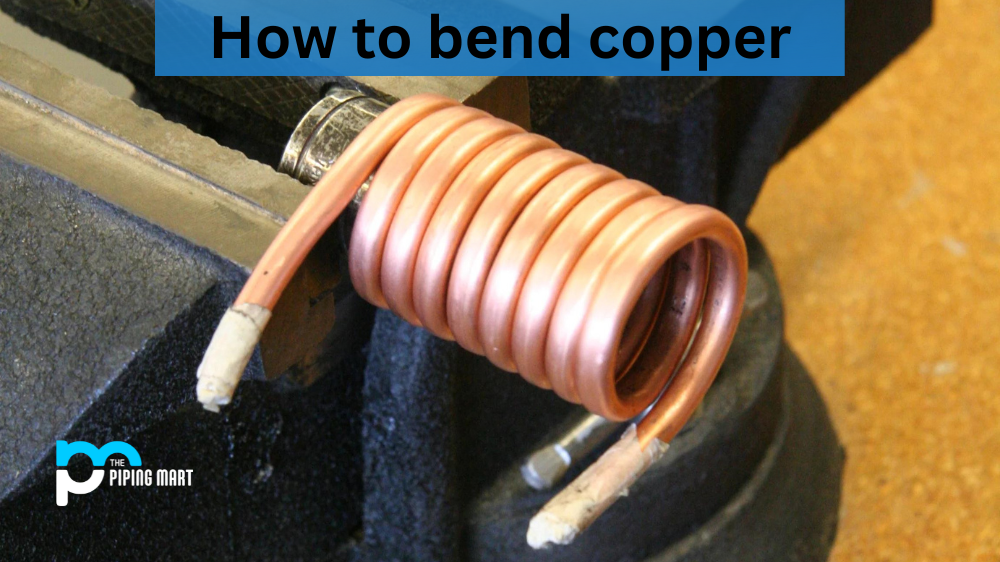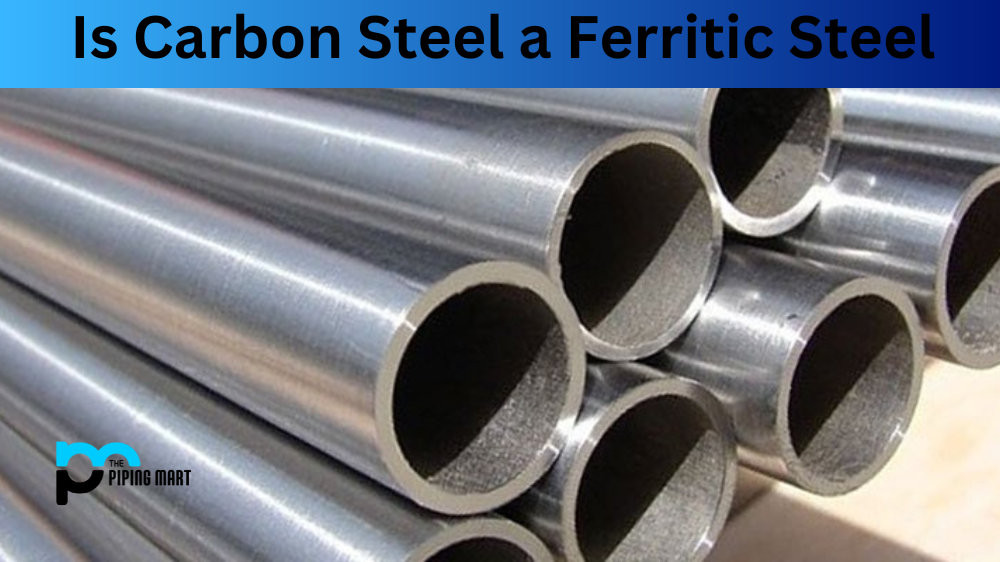Regarding plumbing projects, you have a few options regarding the type of pipe you can use. One of the most popular choices is copper or galvanized pipe. Both types of pipes are good options, but there are some key differences between them that you should know before making a purchase. Let’s examine the pros and cons of copper and galvanized pipes.
Copper Pipes
The most significant advantage of using copper pipes is their durability. Copper is naturally resistant to corrosion, making it an ideal choice for plumbing projects in wet environments. Copper has a longer lifespan than other materials and is less likely to need repairs. Finally, copper pipes can be easily customized in size, shape, and length. This makes them ideal for complex plumbing jobs where traditional piping might not fit properly.
On the downside, copper is one of the more expensive materials for plumbing projects. Additionally, many municipalities have strict regulations regarding the types of pipes used in certain applications. So, check with your local authorities before investing in copper piping for your project.
Galvanized Pipes
Galvanized pipes are made from steel coated with zinc oxide to protect against corrosion and rusting caused by moisture exposure over time. This makes them ideal for outdoor applications such as garden hoses or sprinkler systems since they will not corrode quickly like other types of metal piping might over time. Galvanized pipes are inexpensive compared to piping materials such as stainless steel or copper.
The downside to galvanized pipes is that they are less durable than other materials, such as copper or stainless steel because they eventually corrode due to constant exposure to moisture from rain or irrigation systems. In addition, galvanized pipes take longer than other materials when it comes to installation since each end needs to be sealed with non-corrosive sealant to last longer without leaking or corroding quickly over time.
Difference Between Copper vs. Galvanized Pipes
Durable
One of the primary advantages of copper pipe is that it is more durable than galvanized pipe. Copper is a naturally occurring metal resistant to corrosion, while the galvanized pipe is coated with a layer of zinc that can eventually wear away. This means that copper pipe is less likely to develop leaks over time.
Flexible
Copper pipe is also more flexible than galvanized pipe, which can be bent and shaped to fit into tight spaces. This makes it ideal for plumbing applications with little room to work. Additionally, copper pipe can be cut to size with relative ease, whereas galvanized pipe often requires special cutting tools.
Hot Water Applications
Another advantage of copper pipe is that it is better suited for hot water applications than galvanized pipe. This is because copper can handle higher temperatures without damage, while zinc will start to break down at around 200 degrees Fahrenheit. This means that copper pipe is less likely to develop leaks in hot water lines.
Non-Toxic
Another benefit of copper pipe is that it is non-toxic, meaning it will not leach chemicals into the water supply like galvanized pipe can. This is important for ensuring the safety of drinking water and preventing contamination of food and other products that come into contact with water from copper pipes.
Recyclable
Finally, one of the benefits of copper pipes over galvanized pipes is that they are recyclable. This means that they can be reused or melted down and reformed into new products rather than being sent to a landfill, where they will take up space and potentially release harmful chemicals into the environment.
Conclusions:
There’s no right answer when it comes down to choosing between copper and galvanized pipes – both offer advantages depending on your specific situation and application needs. If you’re looking for a more reliable long-term solution that won’t corrode quickly, opt for copper, while if you’re looking for something more affordable, opt for galvanized pipe instead! Ultimately the decision will come down to budget and what type of application you’re using it for, so make sure that you weigh all your options before making a purchase!

Abhishek is a seasoned blogger and industry expert, sharing his insights and knowledge on various topics. With his research, Abhishek offers valuable insights and tips for professionals and enthusiasts. Follow him for expert advice on the latest trends and developments in the metal industry.




